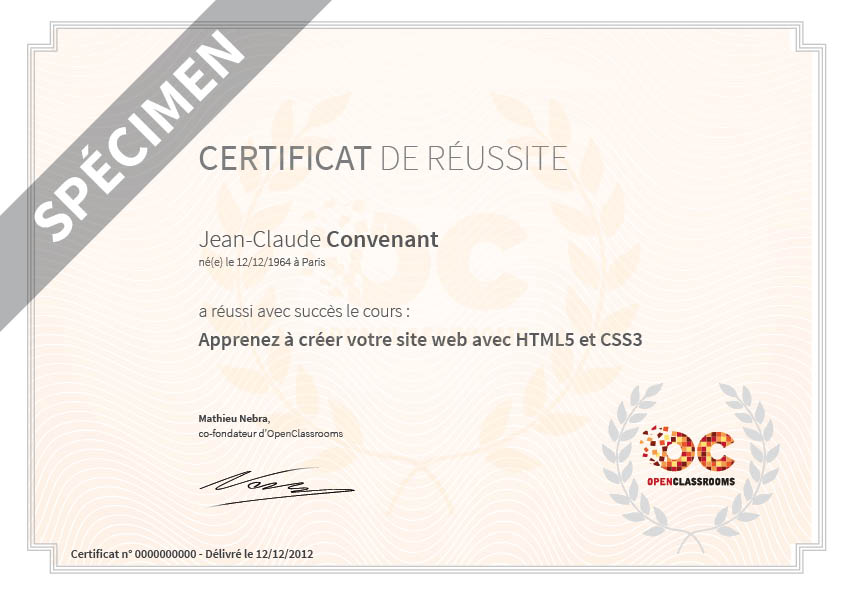Step 1 - Creating a Good Atmosphere

Don’t forget that an assessment can be a very stressful experience for a student. So to help them feel at ease, you can:
Give them a warm welcome and introduce yourself.
Reassure them: you’re there to provide them with constructive feedback. If the assessment doesn’t go well, they can always try again later.
Remind them of your expectations for their presentation. Outline how much time they have and detail the role-play scenario (if there is one), etc.
And off you go, invite the student to start presenting their work! 😃
Step 2 - Listening to the Presentation

The student will present their work for 10-30 minutes (it varies for different projects). Here are some best practices to follow when listening to them:
Concentrate on what the student is saying. Stay motivated by a sincere desire to understand how the student thinks.
Wait to speak, don’t interrupt. Write down any questions that come to mind while you are listening.
Keep a neutral facial expression and positive body language by turning towards the student.
You may start to form an opinion but remain open to changing your mind.
Listen without rejecting, changing, or adding to anything the student is saying. Don’t try to predict where they are going with their ideas.
What should I do if a student’s presentation didn’t last as long as planned?
The recommended duration of the presentation is just a guideline. Your objective is to check that the student has acquired the necessary project skills. If you’re sure that they have, but you still have time left, don’t worry. You can stop there!
If the student’s presentation is shorter, feel free to ask them more questions to check that they have fully understood the work. If you cannot confirm that the student has acquired the necessary skills after both the presentation (no matter the duration) and the Q&A phase, you may decide to refuse their project. Pass or fail; the most important thing is that you explain your decision in the report, outlining which skills they still need to work on.
What should I do if the student’s presentation lasts for longer than planned?
If the allotted presentation time runs out, inform the student of this and tell them to wrap up, so you have some time for questions.
Step 3 - Asking Questions

Asking questions is a way of checking whether or not the student has acquired the project skills and if they have fully understood the work.
It is also a way of showing your interest and respect for the student’s work. No matter the quality, you can always ask questions to try to push them to new levels. Here are a few examples.
Type of question | Intention | Examples |
Clarification questions | You need more details about one of the deliverables to determine whether or not they have acquired the skill. | “What else can you tell me about this document?” |
Questions on theory | You’re unsure whether or not a student understands the concepts (the theory) behind a given skill. | “What is this concept all about?” “What do we use this for?” |
Questions to open up the context | You want to find out whether or not a student has understood what is at stake with such work and if they would be able to apply the skills in the workplace. | “Let’s try to imagine that you’re doing this for a company such as.... What would you do differently for them?” |
Questions on methodology | You want to ensure that the student completed their project on their own, and didn't plagiarize. | “Could you please tell me how you did this, step by step?” |
How can I be sure that a student hasn’t copied and pasted, that they haven’t cheated?
You should be on alert if there is a significant difference in quality between the deliverables and the presentation - did the student complete the project on their own? If you have any doubts about this, then ask them in-depth questions on their steps when working on the deliverables.
Let’s Recap!
Your role during the assessment is to:
Reassure the student at the start of the presentation.
Listen to what the student is saying, giving them time to speak freely, and showing that you are genuinely interested in their work.
Ask questions to check that they have acquired the skills: to clearly define a specific detail, outline a key concept, explain what is at stake with such projects, and present the method used.
You know how to assess both the deliverables and the presentation. What options do you now have? This is what we’re going to look at next.
